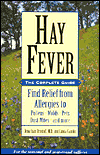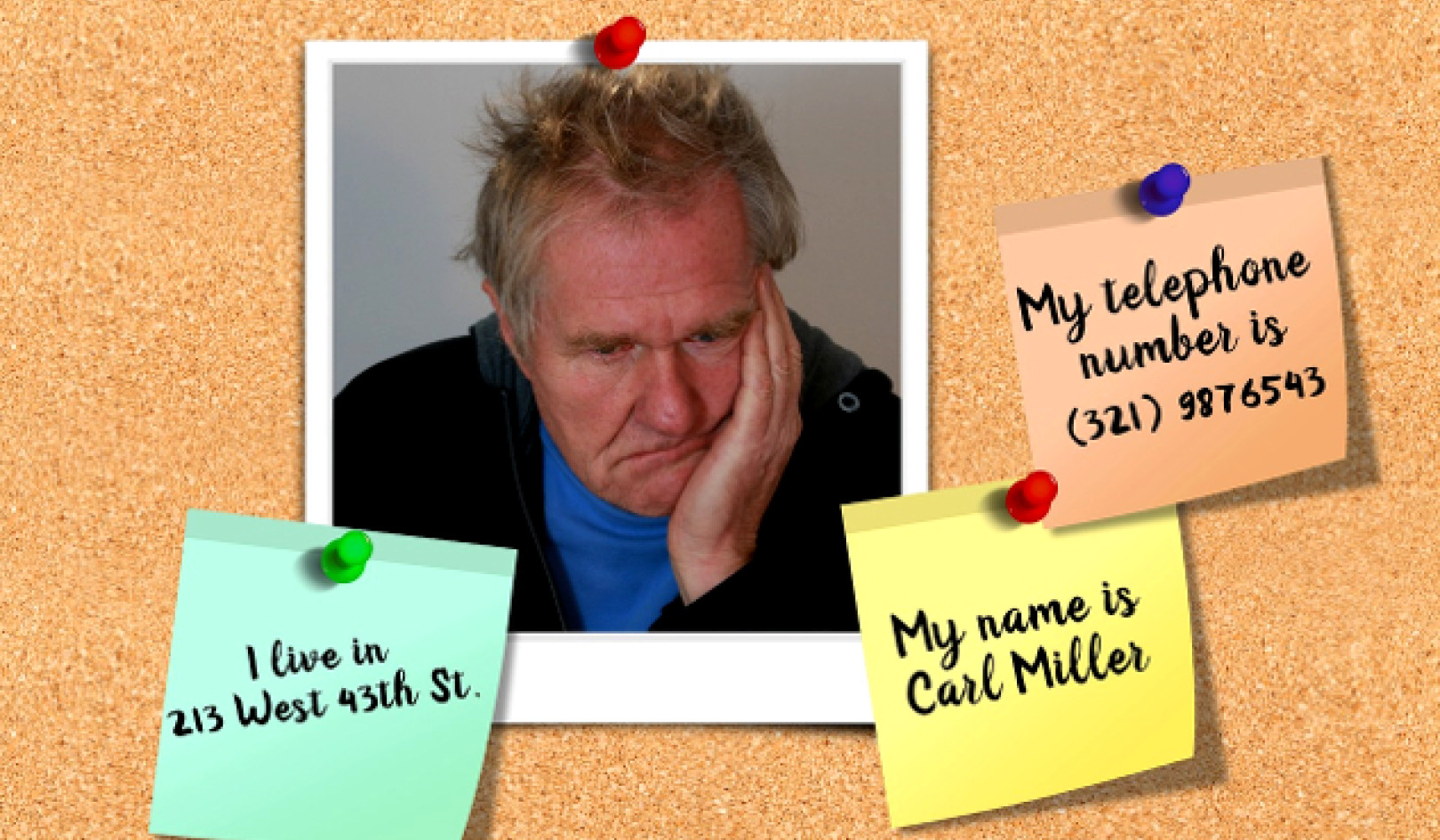This is a system of medicine originating in China that involves stimulating specific sites on the body known as the acupuncture points. Stimulation of these points is generally done with tiny needles, but there are many different versions of acupuncture treatment, some using needles that carry an electrical current, others using suction cups.
According to traditional Chinese theory, the acupuncture points all lie on meridians, channels that allow vital energy (called chi or qi in Chinese—you pronounce it "chee") to flow around the body. Illness occurs when the flow of qi is blocked.
Western science can't measure qi and can't find anything significant at the acupuncture points, although quite a few of them are over deep pressure receptors or near major nerve endings. Some of the meridians run roughly in line with particular blood vessels or nerves, but they don't follow them exactly. On the other hand, there are observable and measurable effects from acupuncture, such as the release of endogenous opioids—the body's homemade painkillers.
Bear in mind that, just because the techniques are effective (or partially effective), this doesn't necessarily mean the traditional theory should be believed. This is true of any system of alternative medicine, not just acupuncture. It could be that the techniques were developed through trial and error, and the theoretical framework, although it was constructed in an attempt to explain how the techniques work, is not the true explanation.
Acupuncture: Effective in Surgery
Few would deny that acupuncture is an effective system of altering bodily responses—its dramatic effects in producing local deadening of the nerves, so that surgeons can operate on a fully conscious patient, are convincing evidence that this is a powerful form of treatment. Whether acupuncture effectively treats all the ailments for which it is offered is another matter.
Scientific trials are difficult to carry out with acupuncture, given that it is essentially an individualized treatment—a good acupuncturist tailors the treatment to you, not your disease. The usual basis of a scientific trial is that everyone has the same diagnosis (e.g., hay fever or allergic asthma) and everyone in the treatment group is given the same treatment. This may not give acupuncture a fair trial.
Acupuncture for Hay Fever and Asthma?
We know of only one trial using acupuncture for hay fever, and the placebo group (whose needles were inserted away from any acupuncture points) improved to about the same degree as the treatment group. The results with asthma are more promising—it seems that acupuncture can help open up the airways a little and may even reduce the inflammation of the airways, especially if an individualized treatment approach is used.
Where acupuncture works, it usually seems to do so by affecting nerve impulses in some way.
Acupuncture Reduces Hay Fever Symptoms
Because there are nervous reflexes that control the production of mucus and the swelling of blood vessels in the nose, it is not implausible to suggest that acupuncture could help in reducing hay fever symptoms. During the 1980s, scientists in the United States also discovered tiny nerve cells that lie alongside mast cells and may influence their action. This unexpected discovery offers another route by which acupuncture could affect an allergic reaction such as hay fever—and affect it at a more fundamental level.
Acupuncturists are adamant that they can help people with hay fever, and many patients do report good effects. Most acupuncturists say that five or six treatments are generally needed during the pollen season to maintain the good effects. Some patients are helped by just two treatments in the spring, but this is unusual.

This article was excerpted with permission from the book:
Hay Fever, ©1993,2002
by Dr. Jonathon Brostoff & Linda Gamlin.
Reprinted with permission of the publisher, Healing Arts Press. www.InnerTraditions.com
About the Authors
Jonathan Brostoff, M.D., is Professor Emeritus of Allergy and Environmental Health at King's College in London and an internationally recognized authority on allergies.
Linda Gamlin was trained as a biochemist and worked in research for several years before turning to scientific writing. She specializes in writing about allergic diseases, the effects of diet and the environment on health, and psychosomatic medicine. Together they have coauthored Food Allergies and Food Intolerance and Asthma.



























